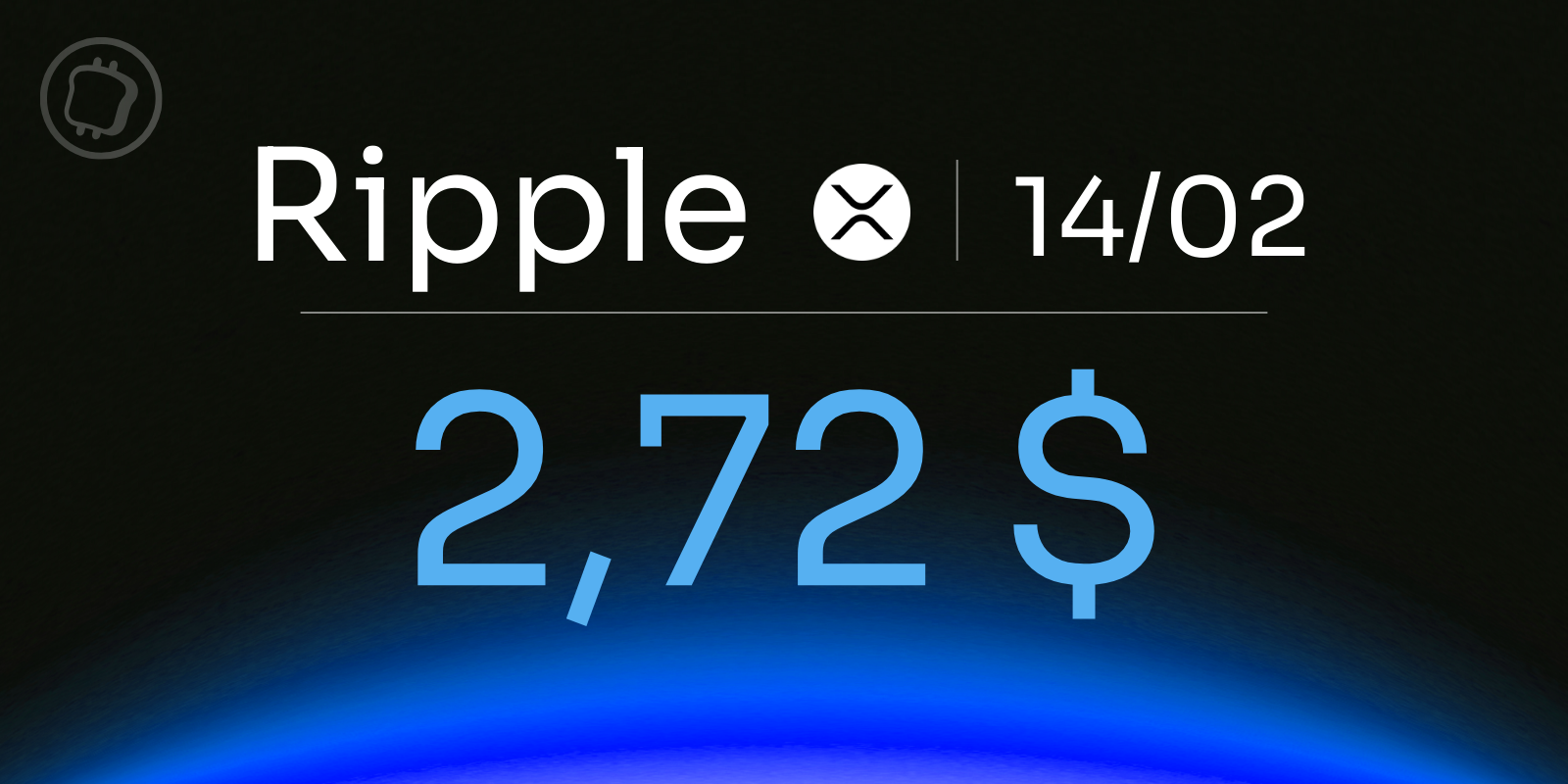The announcement by the German Economy Minister this Wednesday, October 12, 2022 forecasts a 0.4% drop in German GDP over the year 2023. If this news is bad for the 4th economic power in the world, it was predictable given the state of the post-covid European economy, the tightening of the ECB’s monetary policy and the geopolitical tensions between Russia and the West around the subject of energy. We take stock in this article.
The German government forecasts a decline in GDP for 2023
The growth forecasts published by the German Ministry of the Economy are formal: Germany forecasts a temporary drop of 0.4% in its GDP over the year 2023 before returning to an increase of 2.3% in 2024.
At the same time, the Berlin government also revised its forecasts made at the end of April from 2.2 to 1.4% for the year 2022.
These figures can be explained by the critical energy situation in Europe. Since the start of the Russian-Ukrainian conflict, Vladimir Putin has drastically reduced his hydrocarbon exports and in particular liquefied natural gas (LNG) to Europe.
As a reminder, although gas is mainly used for heating, it is also essential for the production of nitrogenous fertilizers, commonly used for our agriculture.
Since the start of the conflict, the West has taken a series of economic measures to counter the invasion of Ukraine by Russia such as the closure of trade and tourist routes between the two areas, but also the exclusion of Russian and Belarusian banks from the SWIFT interbank payment system.
👉 SWIFT shares promising experiences with MNBC and tokenized assets
Nevertheless, theGermany remains 55% dependent on its gas imports to meet the country’s needs. Finally, the German government has also revised its inflation estimates. Inflation would rise to 8% at the end of 2022 and to 7% for the year 2023. Robert Habeck, German Minister for the Economy, specifies:
“We are facing a major energy crisis which is gradually turning into an economic and social crisis. »
Alyra, training to integrate the blockchain ecosystem ⛓️
A coming recession in Europe?
Is this German growth revision the first of a long series in Europe? Hard to say at the moment. the Finternational monetary und (IMF) exhibited on Tuesday, October 11 a decline in growth forecasts for the international economy 2.9 to 2.7% for 2022.
In the current context, theItalyanother founding member of the European Union, seems to be the next recession target for the year 2023.
Its dependence on Russian hydrocarbons was estimated at more than 30% of its energy needs at the end of 2020. In addition, the rate on its 10-year government bonds rose by 1.7% in January 2022 to 4.82% today.
According to Bloomberg, the IMF office in Washington predicts thata third of the global economy is likely to follow the trend presented by Germany today in 2023. This forecast includes the United States, the European Union and China.
👉 How to protect your savings in times of inflation?
Join Experts and a Premium Community
PRO
Invest in your crypto knowledge for the next bullrun

Sources: Bloomberg, Watcher.guru
Newsletter 🍞
Receive a summary of crypto news every Monday by email 👌
What you need to know about affiliate links. This page presents assets, products or services relating to investments. Some links in this article are affiliated. This means that if you buy a product or register on a site from this article, our partner pays us a commission. This allows us to continue to offer you original and useful content. There is no impact on you and you can even get a bonus by using our links.
Investments in cryptocurrencies are risky. Cryptoast is not responsible for the quality of the products or services presented on this page and could not be held responsible, directly or indirectly, for any damage or loss caused following the use of a good or service highlighted in this article. Investments related to crypto-assets are risky by nature, readers should do their own research before taking any action and only invest within the limits of their financial capabilities. This article does not constitute investment advice.








